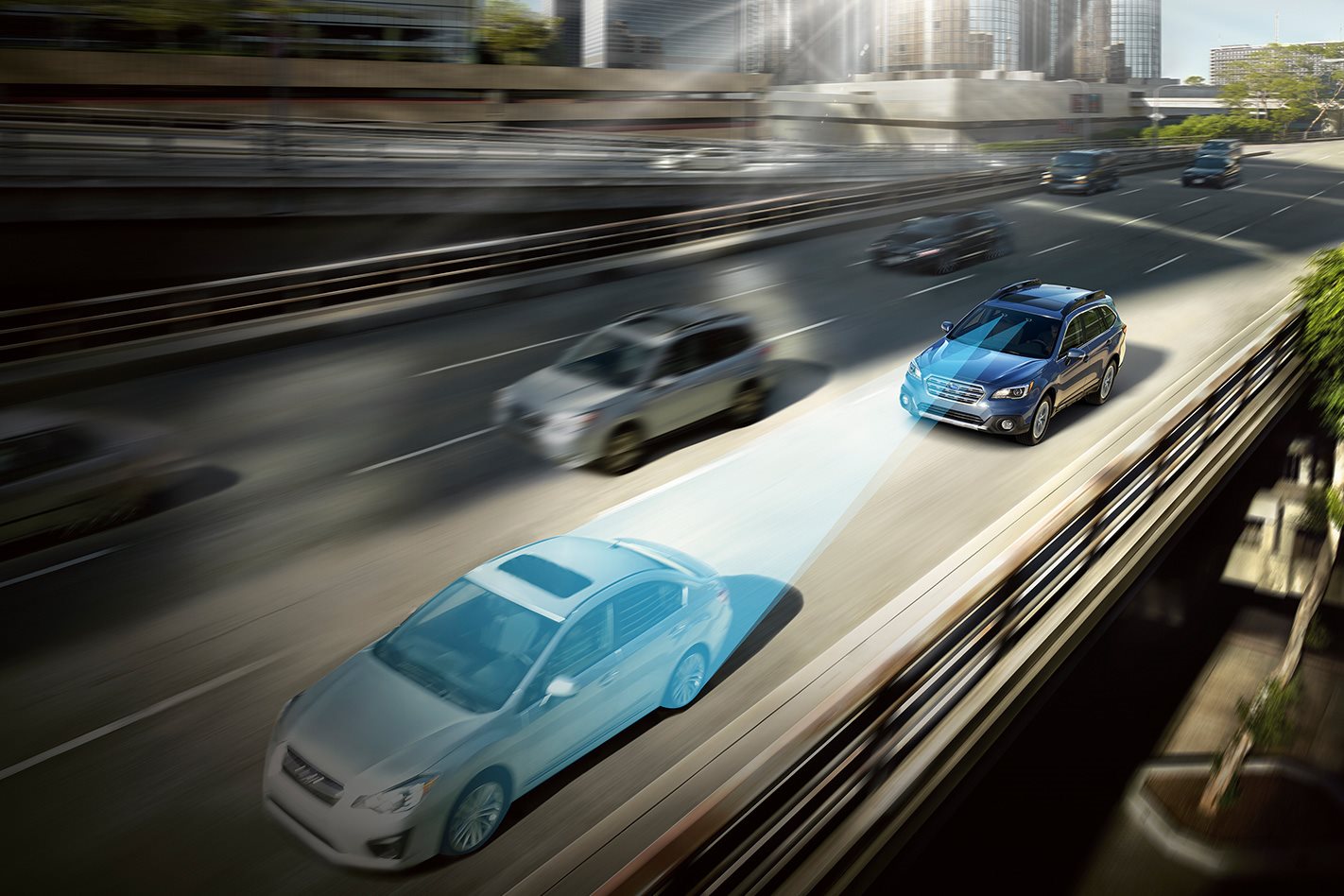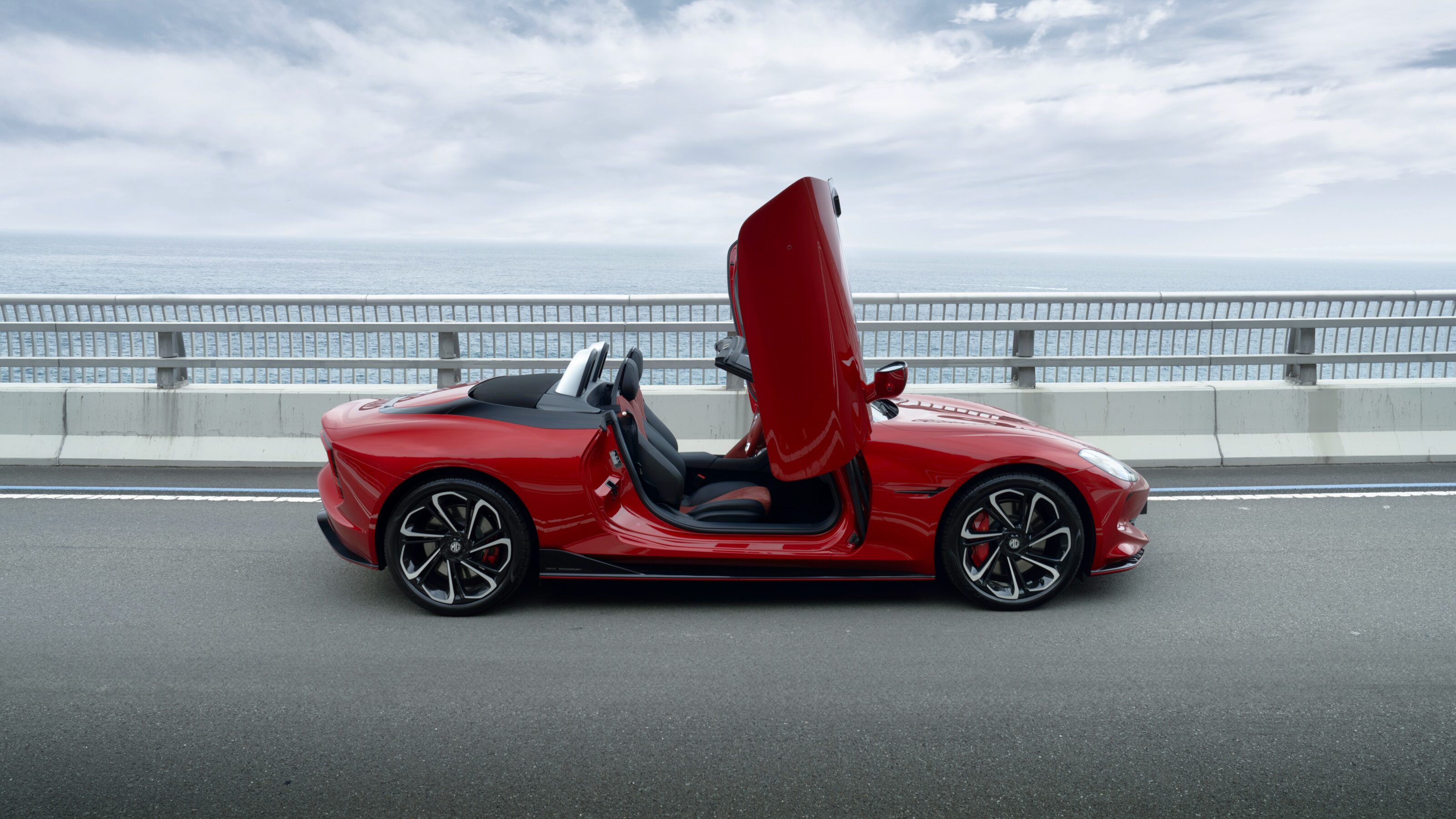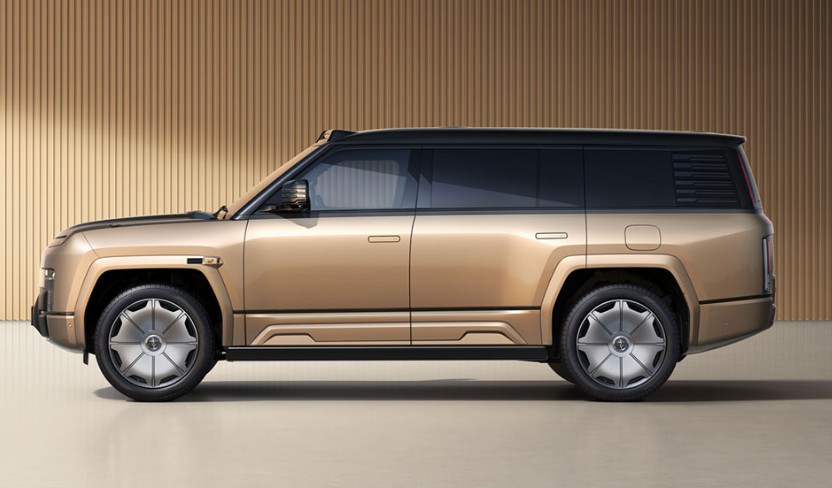AUSTRALIA’S peak motor industry body has resisted a call for automatic emergency braking (AEB) to become mandatory for all new cars sold in Australia.
Victoria’s road transport corporation, VicRoads, is lobbying the Commonwealth Government to change the Australian Design Rules (ADR) to make Autonomous Emergency Braking a compulsory fitment to all new vehicles sold in Australia,
VicRoads’ acting deputy chief executive, Robyn Seymour, told Fairfax Media she wanted to see AEB added to the next review of national standards, in the wake of research showing that the technology can reduce the incidence of rear-end crashes by 38 per cent.
“We have been advocating for the fact that the Commonwealth has a key role to play in the space of road safety and they have one of the strongest capacities to ensure we are getting safer vehicles on the road.
“It is one of the technologies we know will be very effective in reducing crashes so we’re keen to work with them on how we might develop that ADR,” she said.
But Federal Chamber of Automotive Industries chief executive Tony Weber told Wheels that making AEB mandatory isn’t necessary because market forces are already taking car manufacturers in that direction.
“Consumer demand, via ANCAP, for increased safety means that AEB will quickly move through the fleet and thus we see no need to mandate,” Weber said.
“There are a lot of safety measures that are available and you need to carefully weigh up the best value for money safety feature.
“There’s always that trade off and once governments start mandating certain safety technologies they are picking winners and governments typically are not good at picking winners.”
Whatever happens, it’s likely that Australia’s hand will be forced by international regulations, with South Korea, the European Union and United States working to implement such laws by 2019, 2020 and 2022 respectively.
“Australian cars are built to European standards, so if the Europeans mandate it, it becomes standard in Australian cars,” said Weber.






